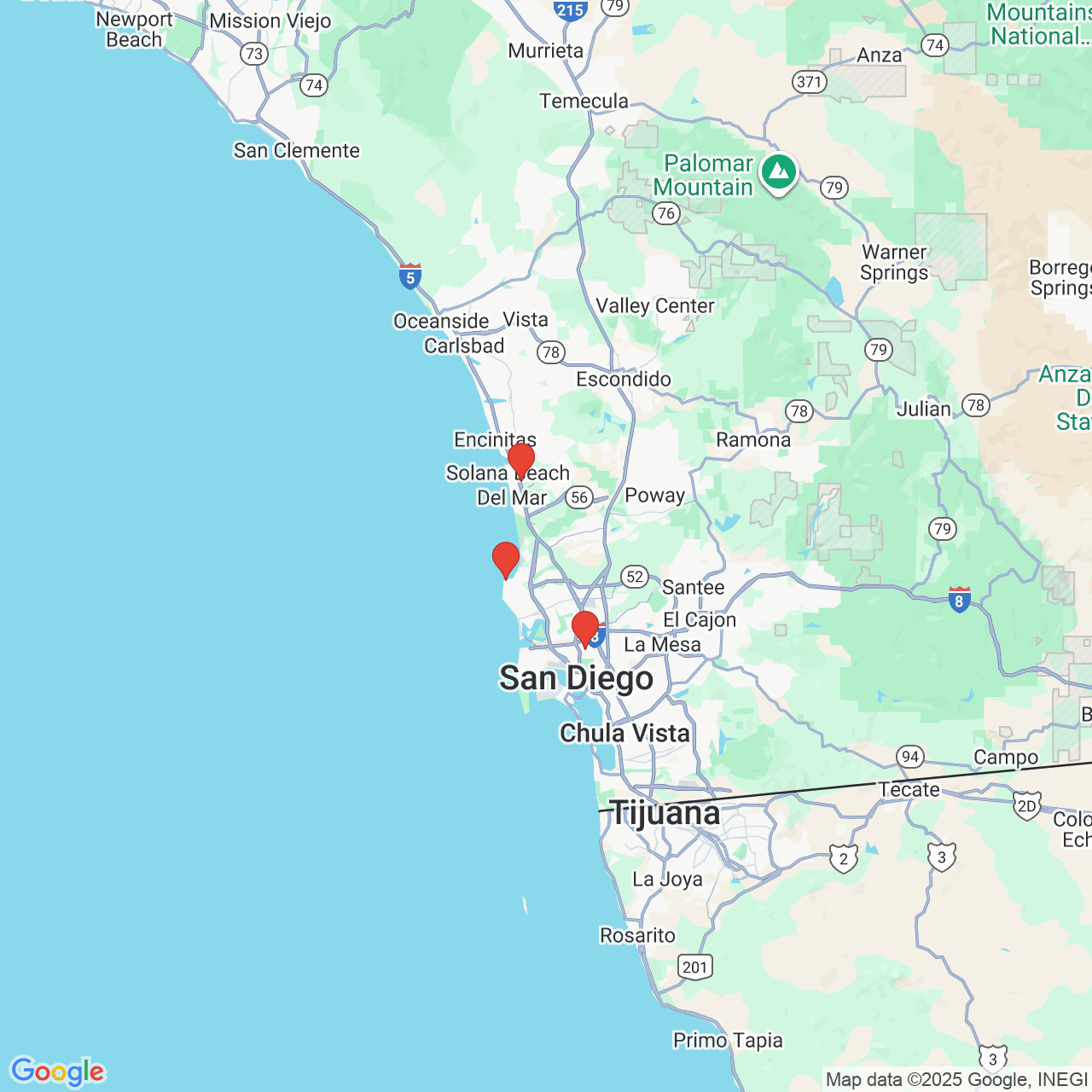Are There Eye Conditions That Can Affect Your Night Vision?
 Eye conditions can affect how the eyes feel and function. Each eye condition uniquely affects the eyes and presents with its own symptoms. One symptom common among several eye conditions is poor night vision. Poor night vision makes it difficult to see at night and can impair a person’s ability to drive safely after dark.
Eye conditions can affect how the eyes feel and function. Each eye condition uniquely affects the eyes and presents with its own symptoms. One symptom common among several eye conditions is poor night vision. Poor night vision makes it difficult to see at night and can impair a person’s ability to drive safely after dark.
Optometrists at GW Eye Associates, which serves individuals from La Jolla, Carmel Valley, and San Diego, CA, offer diagnosis and treatment of eye conditions that compromise ocular health and vision. Here, we discuss eye conditions that affect night vision and the symptoms that may develop when one of these conditions is present.
Symptoms of Impaired Night Vision
People often report poor night vision, but what exactly does that mean? Impaired night vision can be caused by any irregularity that makes it difficult to see clearly at night. Most issues are related to light sensitivity, a problem when driving at night. Night vision problems include:
- Glares
- Halos
- Starbursts
- Blurry vision
- Eye pain
Conditions that Affect Night Vision
A wide range of eye problems can make it difficult to see at night. Some eye conditions and issues that most frequently cause impaired night vision include astigmatism, glaucoma, keratoconus, diabetic retinopathy, cataracts, and worsening vision.
Astigmatism
Astigmatism is one of the most common refractive errors. Astigmatism results from imperfections in the shape of the cornea. Astigmatism compromises the eye’s ability to perceive light. Individuals with astigmatism have blurry vision at both near and far distances. Compromised night vision is another common symptom of astigmatism.
Glaucoma
Glaucoma develops when intraocular pressure increases, causing damage to the eye’s blood vessels and nerves. Glaucoma is a progressive condition. Initially, the disease may not cause noticeable symptoms. However, as it progresses, glaucoma can blur or distort the vision. Many people who develop cataracts report experiencing poor night vision.
Keratoconus
Keratoconus is an eye condition characterized by a cone-shaped cornea (the clear dome-shaped tissue that covers the eye). Keratoconus develops when corneal tissues thin and bulge out. The cause of keratoconus is unknown, but it typically develops during puberty or the late teens. Keratoconus blurs the vision and causes light sensitivity that can compromise night vision.
Diabetic Retinopathy
Diabetic retinopathy is a risk for anyone with Type 1 or Type 2 diabetes. The condition is most prevalent in individuals with uncontrolled blood sugar levels. Diabetic retinopathy damages blood vessels in the retina (the light-sensitive tissues at the back of the eye). As the damage worsens, individuals may experience blurry vision, floaters, and poor night vision.
Cataracts
Cataracts are a leading cause of vision loss in individuals aged 65 and older. Cataracts are clusters of proteins that build up on the eye’s clear lens, creating cloudy areas that obstruct the vision. Like glaucoma, cataracts are a progressive condition that does not always cause noticeable symptoms immediately. Compromised night vision is often one of the first signs of cataracts.
Worsening Vision
Millions of Americans suffer from some type of vision impairment. Vision impairment is usually not stable. As the eyes age, vision problems tend to get worse. People who start to experience issues with their night vision may require a stronger vision prescription to correct worsening vision.
The Importance of Routine Eye Exams
Many eye conditions that affect night vision are progressive, and most do not compromise vision in their earliest stages. Routine eye exams are essential to diagnosing eye conditions before symptoms are noticeable and before permanent damage occurs. We advise all adults to undergo routine eye exams at least once every two years. Individuals with impaired vision, diagnosed eye conditions, or an increased risk for eye conditions can benefit from yearly eye exams.
Contact Us
If you are experiencing problems with your night vision, it is likely a sign of an underlying eye condition. To find out what is compromising your night vision and how to treat it, contact our office online and schedule a comprehensive eye exam at your earliest convenience.


